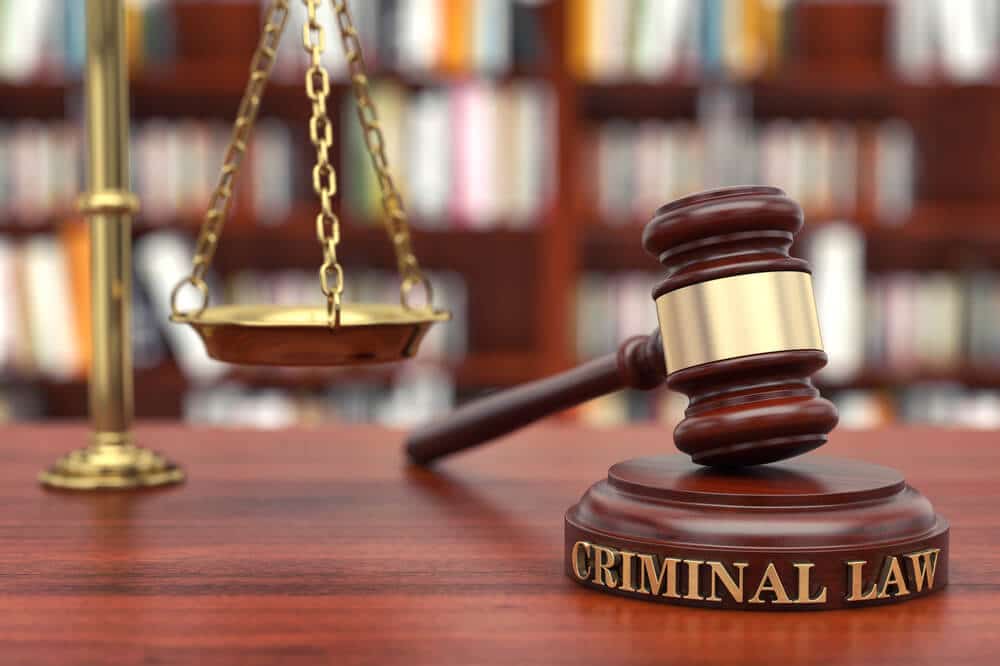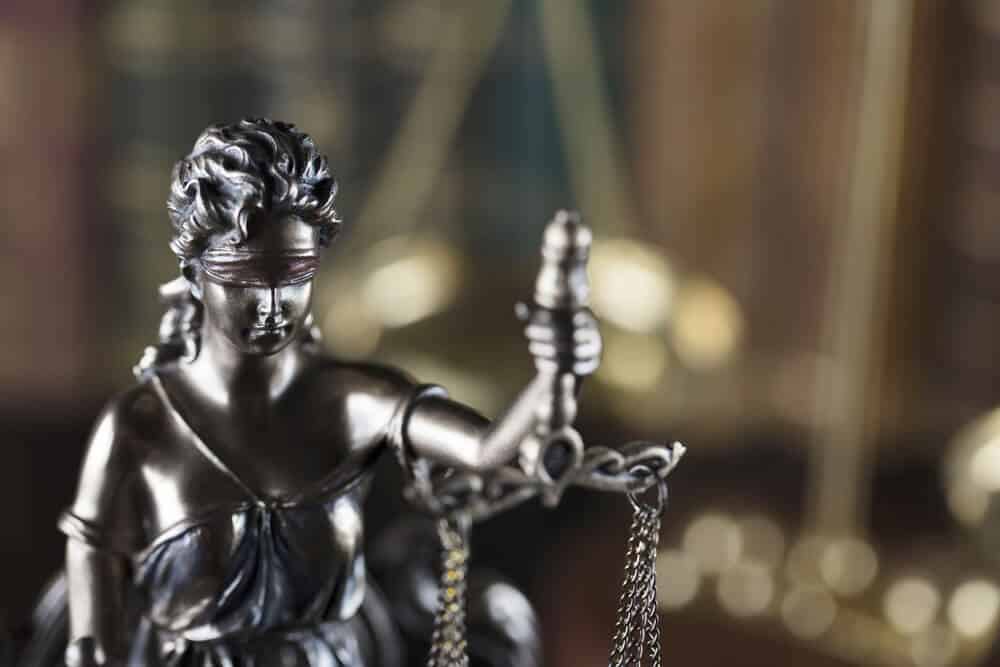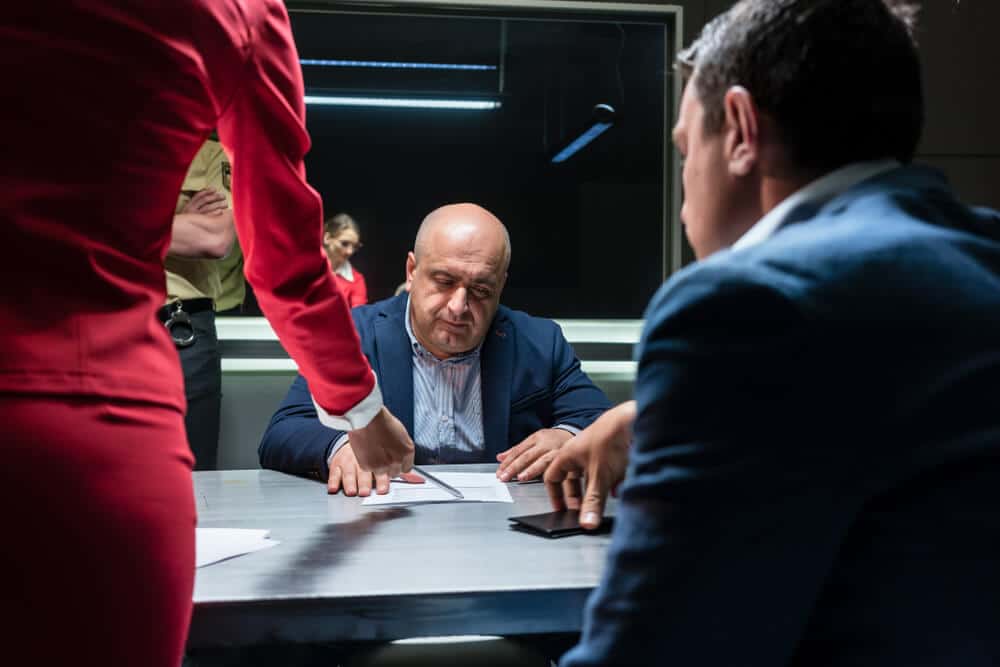One of the most important parts of modern society is the rule of law, and without a criminal defense attorney, those accused of crimes end up with no rights and no expectation of justice.
The criminal defense attorney stands as the liaison between the accused and the accuser. While it’s the prosecutor’s job to go after the defendant, the criminal defense attorney’s calling is to stand as the representative, knowledgeable about the law and what it allows, of the defendant.
The importance of a criminal defense attorney, like those at CJB Law, to the proper functioning of the legal system can’t be overstated.
Taking a Case
Defense lawyers sometimes choose to take a case, and sometimes, they don’t. In general, a private attorney has the option of accepting or refusing any case. Refusal may result from
- The defendant’s inability to pay for the attorney’s services.
- The attorney sees no path to winning the case.
- A real or perceived conflict of interest.
Whatever the reason, a private attorney usually has discretion whether he accepts a case.
Public defenders, however, work for the government. The public defender’s office, whether at the county, state, or federal level, employs a raft of criminal defense attorneys who receive cases based on a defendant’s right to an attorney, even if they can’t afford one.
It’s uncommon for public defenders to turn down a case, no matter the charges.
With few exceptions, public defenders get paid less than private defense attorneys, as they receive a salary from the government, whereas private attorneys bill by the hour.
Sometimes, a private attorney may be assigned to a client by the court, even if he is unaffiliated with the public defender’s office.
Learning About the Case

“Lie to anyone you want, but don’t lie to your doctor or your lawyer,” the saying goes. A defense lawyer must know all he can about the case to present the best possible defense.
A thorough defense attorney will meet with the client and ask many questions about the charges, the client, his actions and whereabouts, and anything else he can think of regarding the upcoming criminal defense.
To present the best possible defense, the lawyer must know all he can about it. He must be certain that he will not run into any surprises in the courtroom.
Suppose the client has failed to mention that he had a heated argument with the person he stands accused of assaulting. His defense attorney will find himself unprepared for the revelation of that information in front of a jury.
Investigation and Analysis
A criminal defense attorney’s work has only begun after meeting with the defense. In search of the best possible defense, the lawyer spends time on investigation. This may include deposing witnesses (including police) and looking into whether law enforcement followed proper procedures from the inception of their investigation to any searches and seizures to arrest.
As part of the legal proceedings, the prosecution must disclose all its relevant information through legal discovery. During this phase, the defense gets to see what evidence the prosecution has against them. A criminal defense attorney may question witnesses named in the discovery packet, investigate alibi information, or otherwise try to establish incorrect information or faulty evidence.
Once the attorney begins formulating an approach for a defense, he may choose to contact expert witnesses either to analyze or interpret evidence or to testify to the validity or lack thereof of any of the prosecution’s evidence.
During the investigation and analysis of the case and the evidence, a criminal defense attorney will decide what legal avenues may best serve the client, such as a defense of temporary insanity, mistaken identity, or another pursuit.
Plea Deals
Sometimes, it’s in the client’s best interest not to go to trial, and sometimes, the prosecution has reasons it may not want to pursue protracted legal proceedings.
In these instances, the prosecutor may offer, or the criminal defense attorney may request a plea bargain.
For instance, if a client is facing sexual battery charges that carry a 15-year possible sentence, the prosecution may not want to force the victim to testify and may offer the defendant the chance to plead guilty and receive ten years instead.
A jury might choose to hand out the maximum penalty allowed by law. A defense attorney who sees no credible path to acquittal might offer for his client to plead guilty in return for not going to trial and receiving a sentence less severe than what a jury might dole out.
Jury Selection
If a trial is imminent, the defense lawyer will participate in jury selection through voir dire. This is often portrayed in legal dramas on television. It is the part of the legal process where attorneys for both sides seek to find the best and most sympathetic juries for the client and the legal strategies they have.
In voir dire for a murder trial, for example, the defense attorney might ask jurors if they’ve ever known anyone to have been murdered and excusing from the jury pool anyone who has. The idea is that someone directly affected by this particular violent crime might be less likely to presume the defendant’s innocence.
The Trial
We must remember that it is not the defendant’s job to prove his innocence, but rather the prosecution’s job to prove his guilt. With that in mind, during the trial, the defense attorney’s job is to show that the prosecution has not met its burden of proof.
Through cross-examination of state witnesses and presentation of defense witnesses, the attorney works for the client’s rights throughout the trial. It is his job to object to anything the prosecution does— anything from words or phrases opposing counsel uses to questionable evidentiary tactics— that will potentially put the defendant at a disadvantage.
The Sentencing Phase
In some states, sentencing comes the same day as a guilty verdict. In others, sentencing comes during a separate, post-trial hearing. The defense attorney may try to work with the prosecution to procure a shorter sentence, bring in character witnesses, or otherwise work to get the best sentence possible for the client.
It’s important to note that not every defendant retains his attorney after the trial, so a defense attorney may be making his first appearance for the client during this part of the legal process.
Remaining in Contact
It is vitally important that a defense attorney remains in contact with his client throughout the legal process. Attorneys have been sanctioned for failing to inform clients of plea offers, so even if the prosecution offers something the attorney knows, without a doubt, the client will reject, it is still incumbent upon him to relay the information.
Defendants who don’t hear from their attorneys for months feel neglected and forgotten, which can cause additional stress during an already trying time.
It is even more critical for an attorney to keep in touch with a client who awaits his trial while sitting in jail for the client’s peace of mind. Overworked defense attorneys have difficulty doing this because they usually have such heavy caseloads, but a defendant still needs to know what’s happening with his case.
Types of Criminal Attorneys
As mentioned above, there are private and public attorneys. Each has its pros and cons, and anyone who has navigated criminal charges with either kind will have an opinion.
Private Attorneys
Attorneys in private practice may work for huge firms or in a practice by themselves. These attorneys charge hourly rates and require retainer fees up-front. If they want to, they can pick and choose the cases they take.
Attorneys you see advertising on television for your business, should you find yourself arrested for drunk driving, are private attorneys.
Pros:
- Many believe they are better lawyers because they make more money than public defenders.
- A private attorney taking your case may indicate that he thinks he can win an acquittal for you.
Cons:
- Private lawyers can get very expensive very quickly.
- You will surrender control of your case to a private attorney.
Public Defenders
Public defenders work for the local, state, or federal government. Because the need for public defenders is high, many of them specialize in aspects of the law. If you are assigned a public defender upon facing burglary charges, you’ll get a lawyer well-versed in that part of the legal system as opposed to someone who has only ever tried drug cases.
Public defenders, according to many, have chosen to make less money than they would in private practice because they believe in what they are doing, which means they may fight harder for you.
Pros:
- They do not cost the defendant anything.
- Extensive trial experience, because if a defendant wants to go to trial no matter what, he goes to trial, whereas many private attorneys encourage plea deals to avoid trial.
Cons:
- Public defenders have heavy caseloads and are often overworked.
- Due to budget constraints, they may be unable to secure expert witnesses.
Pro Se
Appearing pro se— Latin for “for self”— means acting as your own defense attorney. Some defendants choose this path despite severe discouragement. The problem is that the pro se defendant likely has no legal training and is unaware of how court proceedings work.
You’re in charge of your case as a pro se defendant, and that can be bad. Also, you will very likely not be allowed, after losing your case, to appeal on the grounds of inadequate assistance of counsel.
Legal Representation Requires a Professional

If you find yourself facing a criminal charge, it is in your best interest to contact a criminal defense attorney. Contact CJB Law today, and let us assist you in navigating this difficult path you face.

